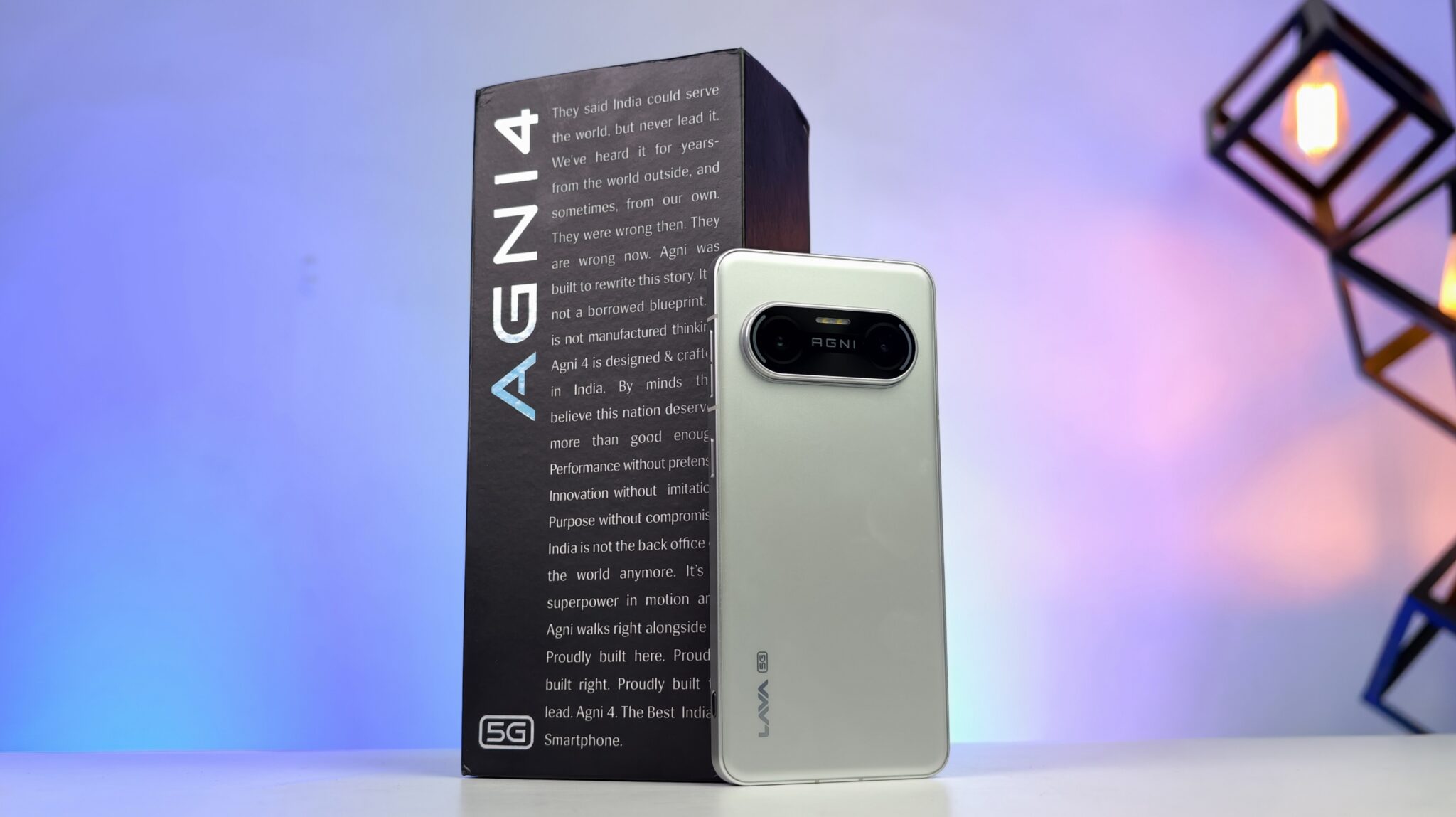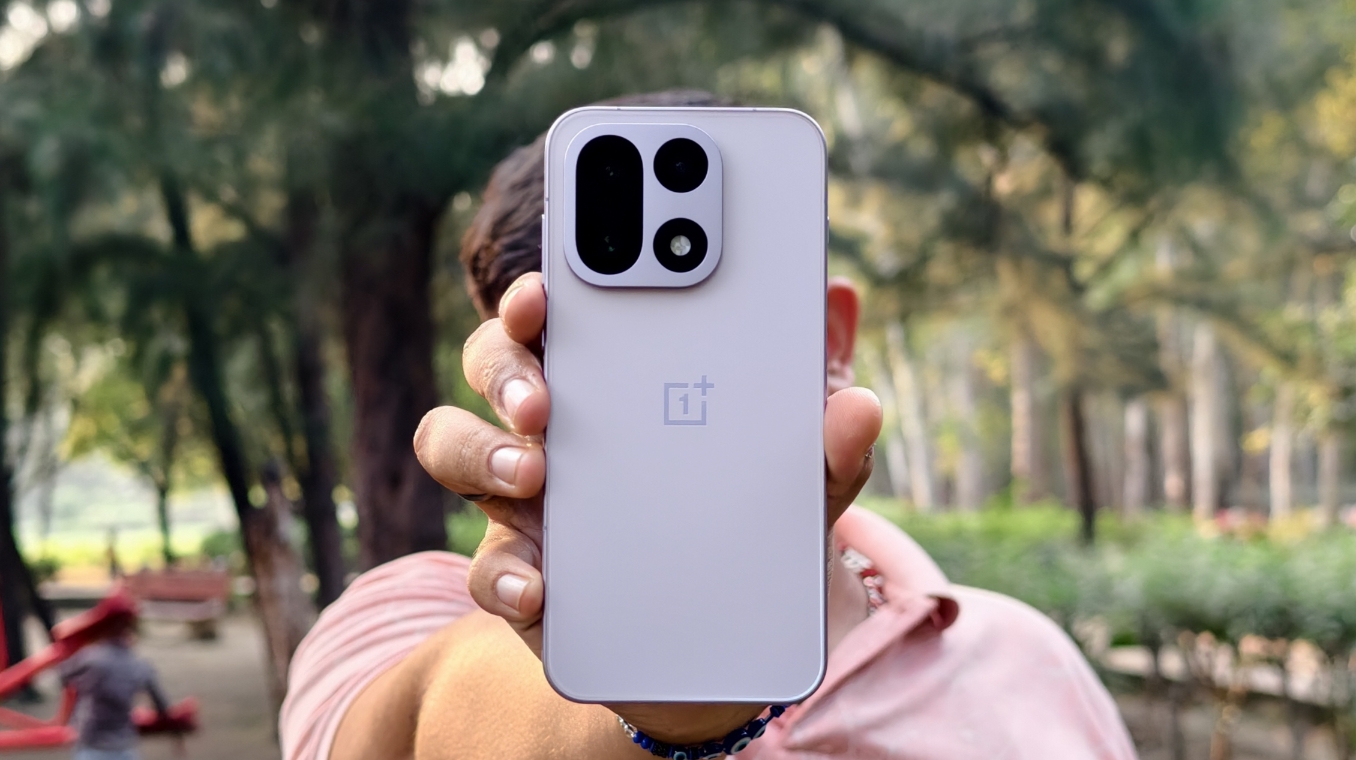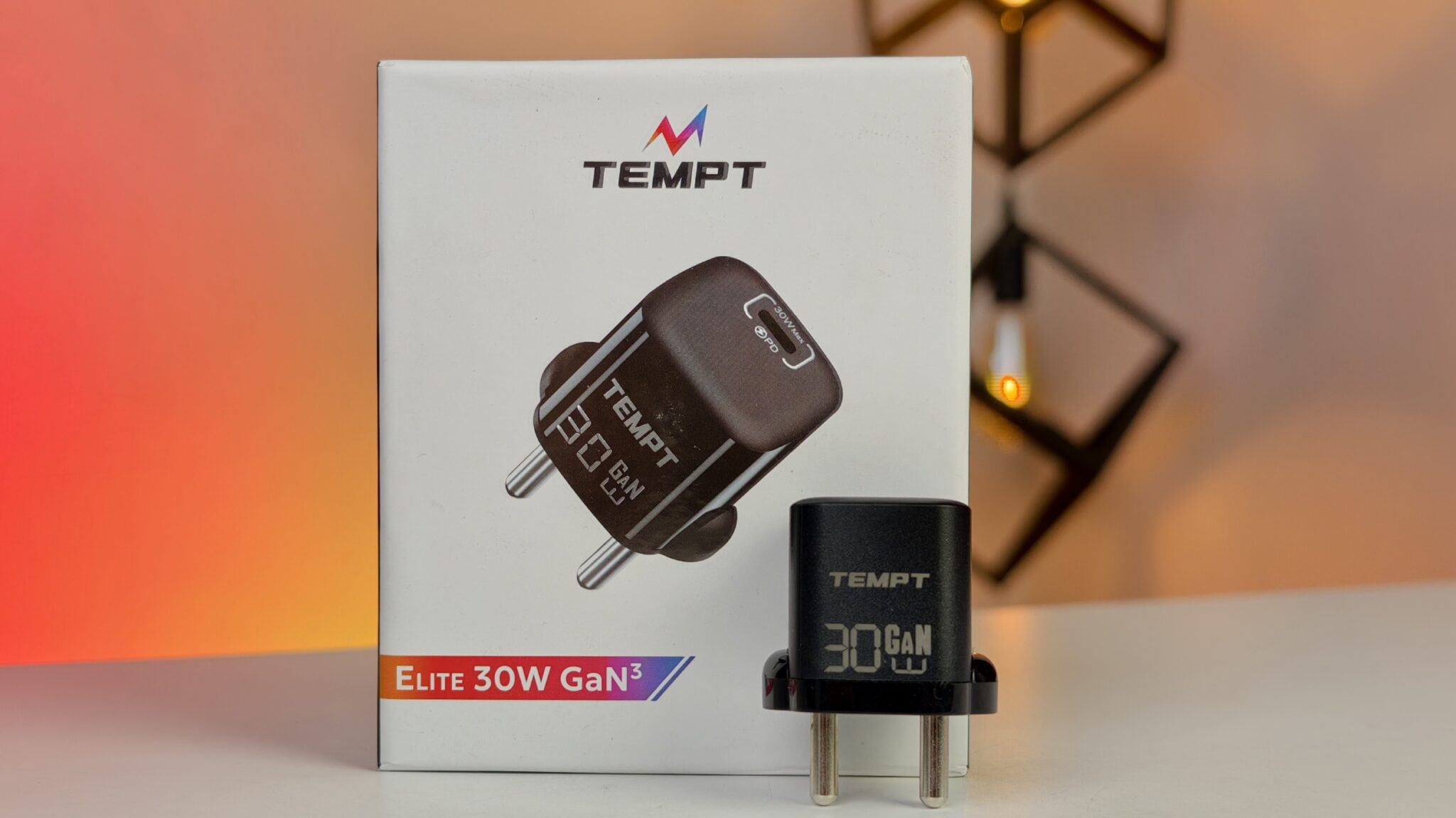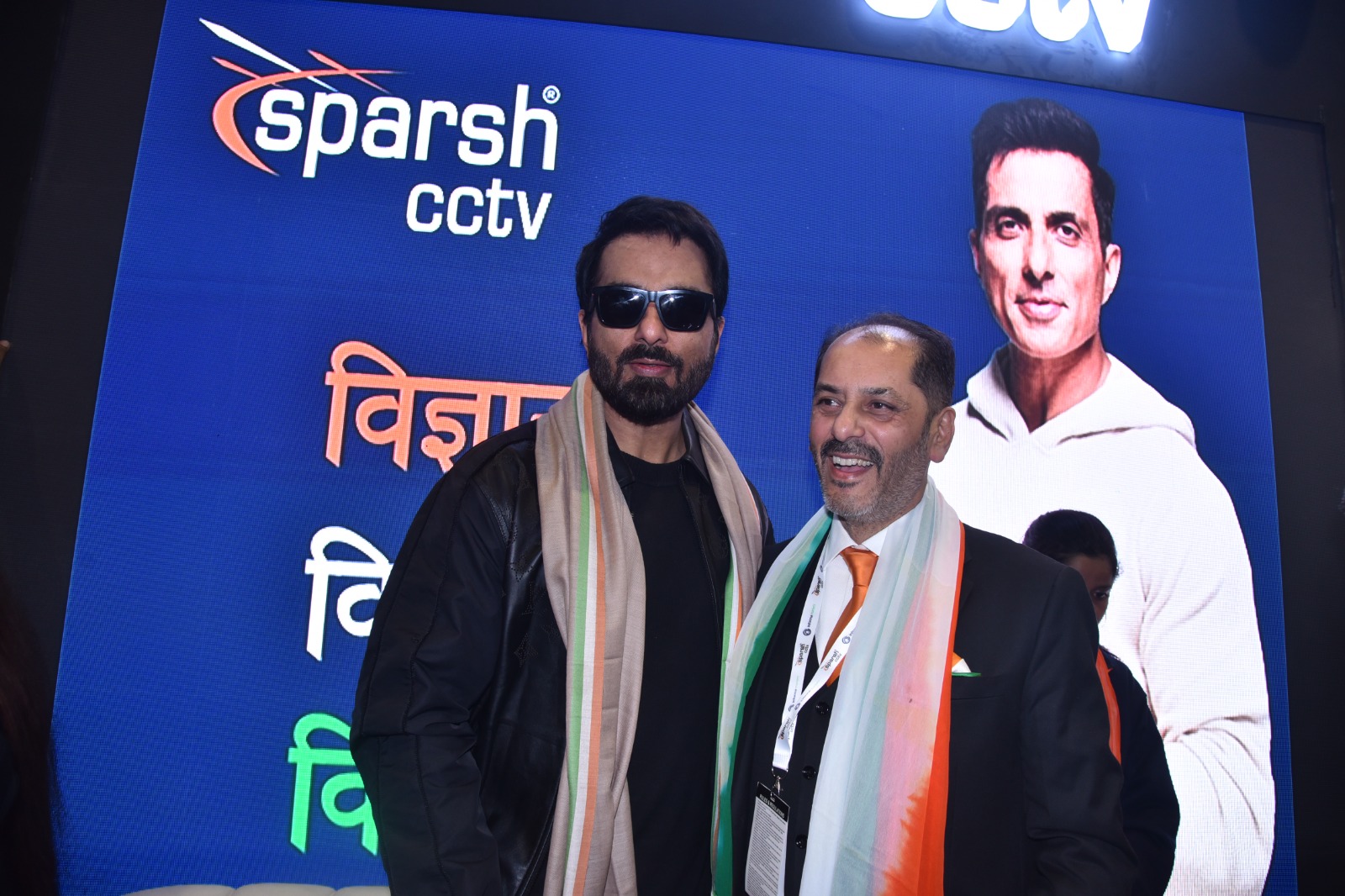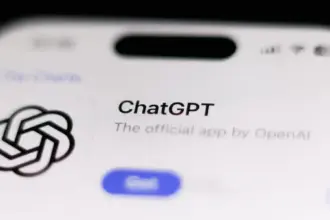Imagine having a conversation with someone who not only listens to your current thoughts but also recalls every detail you’ve ever shared with them. Sounds like a superpower, right? Well, according to OpenAI CEO Sam Altman, that’s precisely what ChatGPT can now do. This groundbreaking development promises to fundamentally change how we interact with AI, making our conversations more contextual, personalized, and frankly, a little bit mind-blowing.
For a long time, one of the limitations of conversational AI like ChatGPT was its short-term memory. Each new chat session essentially started with a clean slate. While this had its advantages in terms of privacy, it also meant that you had to constantly re-explain context or remind the AI of past discussions. This often felt clunky and less like interacting with an intelligent companion.
But that’s all set to change. In recent announcements, Altman has highlighted a significant upgrade to ChatGPT’s capabilities: the ability to remember and reference all your previous conversations. This isn’t just about recalling the last few exchanges; it’s about building a persistent memory that spans across all your interactions with the AI.
Think about the implications. If you’ve been using ChatGPT to brainstorm ideas for a novel, it will now remember the characters you’ve developed, the plot points you’ve explored, and even the stylistic preferences you’ve discussed. If you’ve used it to help you learn a new language, it will recall the vocabulary you’ve struggled with and tailor future lessons accordingly. This level of personalization could make ChatGPT an incredibly powerful tool for learning, creativity, and productivity.
This enhanced memory function isn’t just a minor tweak; it’s a fundamental shift in how ChatGPT operates. Previously, the AI treated each conversation as an isolated event. Now, it’s building a profile of your interactions, learning from your preferences, and adapting its responses based on your history. This could lead to a far more intuitive and natural conversational experience.
Consider a scenario where you’re planning a trip. You might have previously discussed your interest in historical sites and your budget constraints with ChatGPT. Now, when you ask for recommendations for your next vacation, it can automatically factor in these past preferences without you having to reiterate them. This saves time and makes the interaction feel much more seamless and efficient.
The development of this long-term memory in ChatGPT raises some interesting questions about privacy and data security. OpenAI has acknowledged these concerns and has stated that users will have control over their chat history. They will likely offer options to manage, delete, or even turn off the memory feature. This level of user control will be crucial in building trust and ensuring that individuals feel comfortable with the AI retaining their conversation data.
It’s also important to consider how this enhanced memory will impact the quality of ChatGPT’s responses. With access to a user’s entire chat history, the AI can potentially provide more nuanced, relevant, and insightful answers. It can also avoid repeating information or suggesting things that the user has already indicated they are not interested in. This could lead to a significant improvement in the overall user experience.
However, there are also potential challenges. Ensuring the accuracy and reliability of this long-term memory will be crucial. If the AI misremembers or misinterprets past conversations, it could lead to confusion or frustration. OpenAI will need to implement robust mechanisms to ensure the integrity of the stored data and prevent errors.
Furthermore, the sheer volume of data that ChatGPT will be processing and storing could present technical challenges. Efficiently managing and accessing this vast amount of information will require sophisticated infrastructure and algorithms. OpenAI will likely be investing heavily in these areas to ensure the smooth operation of the new memory feature.
The introduction of long-term memory in ChatGPT marks a significant step forward in the evolution of conversational AI. It moves us closer to a future where AI assistants can truly understand our needs and preferences based on our past interactions. This has the potential to revolutionize how we work, learn, and interact with technology.
While the full implications of this development are yet to be seen, one thing is clear: ChatGPT is becoming a more powerful and personalized tool than ever before. As it learns to remember and reference our past conversations, it’s poised to become an even more integral part of our daily lives. This is not just an upgrade; it’s a fundamental shift that could redefine the future of human-AI interaction. Are you ready for an AI that truly remembers everything you say? The future is here, and it’s more personal than ever.





